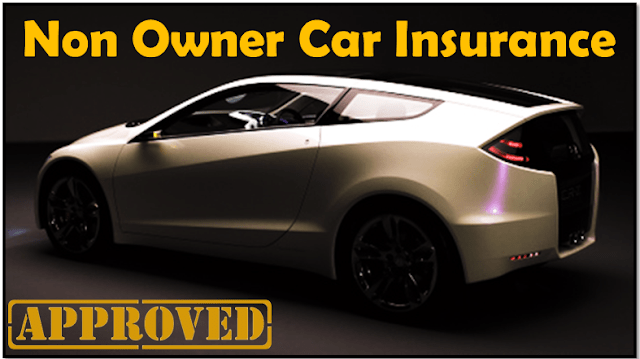Comparing Non-Owner and Standard Car Insurance
When it comes to car insurance, you might find yourself steering through a maze of options. Non-owner policies can be a wallet-friendly choice, but they come with limited coverage. On the other hand, standard policies provide a broader safety net, albeit at a higher cost. Understanding these nuances is essential for making an informed decision, especially as your driving habits evolve and legal requirements change. What factors should you weigh to determine the best fit for your needs?
When you're pondering car insurance options, understanding the differences between non-owner and standard policies can greatly impact both your coverage and your wallet. Non-owner policies generally offer a more affordable alternative, costing about 41% less than standard policies with similar limits. For instance, in Oklahoma, you might pay around $242 annually for non-owner insurance compared to approximately $408 for standard coverage. However, these rates can vary considerably by state and region, so it's imperative to shop around.
Understanding the differences between non-owner and standard car insurance can save you money and enhance your coverage.
Insurers like State Farm provide non-owner coverage starting at $213 per year, while Geico's rates can be as high as $521 annually, illustrating that even within the same category, prices can differ widely. Additionally, many insurers offer customized coverage options to cater to specific needs and preferences.
The coverage offered by these two types of policies varies greatly as well. Non-owner insurance typically includes only liability coverage, which protects you if you're at fault in an accident. In contrast, standard policies often provide more extensive coverage options—collision, broad-ranging, and personal injury protection are common inclusions. Non-owner insurance is essential for those without regular access to a vehicle and helps maintain continuous insurance history, which can lead to future discounts.
Although some non-owner policies may offer additional protections like uninsured motorist coverage, they still lack the broad-ranging safety net offered by standard policies. It's important to verify that any non-owner policy meets your state's minimum liability coverage levels, which, for example, in Oklahoma requires 25/50/25 coverage limits.
Non-owner insurance is particularly beneficial for individuals who frequently rent or borrow vehicles. It's a great option if you're temporarily without your own car or need coverage while working on reinstating a suspended license. Additionally, maintaining non-owner insurance helps you avoid lapses in coverage, which could lead to higher premiums in the future.
If you drive infrequently but want to be protected in the event of an accident, non-owner insurance might be ideal for your needs.
When evaluating insurance providers, State Farm and Geico are often recommended for non-owner policies due to their competitive pricing and strong financial ratings. However, not every insurance company offers non-owner coverage, so your options may be limited. Companies like State Farm and Progressive boast low NAIC complaint ratios, indicating better customer service.
On the other hand, specialized insurers may cater to higher-risk drivers, including those who might be seeking non-owner coverage.
It's also important to reflect on state regulations regarding car insurance. Each state sets minimum liability coverage levels that both non-owner and standard policies must comply with, enforcing these rules through licensing and registration processes. Driving without meeting these state mandates can lead to fines and legal repercussions, making it crucial to confirm compliance with local laws.
Ultimately, analyzing the distinctions between non-owner and standard car insurance policies will help you make a more informed decision about your coverage. By weighing the costs, coverage options, and specific use cases, you can choose the policy that best suits your needs and financial situation.
Conclusion
In choosing between non-owner and standard car insurance, think of it as a fork in the road—each path offers distinct benefits. Non-owner policies provide essential liability coverage at a lower cost, making them a practical choice for occasional drivers. In contrast, standard policies offer extensive protections for those who drive regularly. Assess your driving habits and legal requirements carefully to guarantee you select the policy that best aligns with your needs, steering clear of potential pitfalls on your journey.

